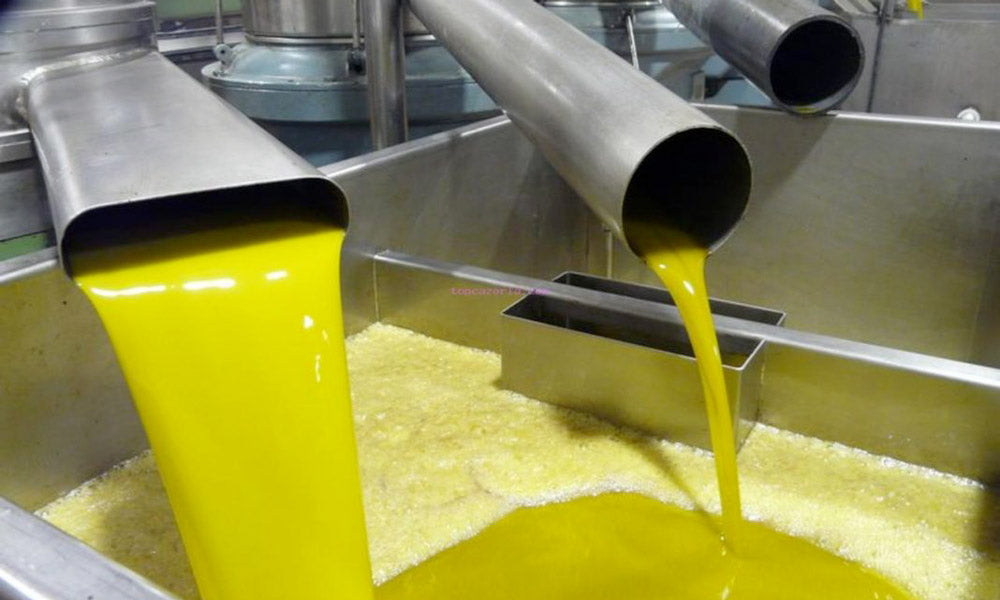Your Cart is Empty
Free Shipping on orders over 99€ - EUROPE
Free Shipping on orders over 99€ - EUROPE
Free Shipping on orders over 99€ - EUROPE

Extra virgin olive oil, also known as EVOO, is a product of high quality and nutritional value that is obtained from olives through a cold extraction process.
This type of oil is considered the healthiest since it preserves all the properties of the olive.
Extra virgin olive oil from ancient olive trees is an extra virgin olive oil that is obtained from olives from olive trees that have lived for more than a thousand years. These olive trees are found in Mediterranean areas with a favorable climate, and have developed a series of characteristics that differentiate them from younger olive trees:
1. Root system:
The root system of ancient olive trees is much more developed than that of younger olive trees, allowing them to absorb nutrients from the soil more easily. Thanks to this, its olives have a high content of polyphenols that have antioxidant and anti-inflammatory properties.
2. Quantity of olives produced:
Due to the advanced stage of maturity of ancient olive trees, they produce a smaller amount of olives compared to young olive trees. However, the fruits of ancient olive trees are larger and of higher quality.

The process of making extra virgin olive oil from ancient olive treesis the same as that of traditional extra virgin olive oil, with the difference that more attention and care must be paid to it, since the olives from ancient olive trees are more delicate
The olives are harvested manually at the optimal moment of ripeness. The olives are transported to the oil mill in the shortest possible time to prevent them from oxidizing.
In the oil mill, the olives undergo crushing, decanting and filtration processes to obtain the oil. During all processes, the oil is kept below 27ºC to preserve its properties.

Subsequently, for the oil to retain all its properties and quality, it must be packaged in opaque bottles, ensuring that light does not pass through and thus preventing oxidation of the oil.
The cultivation of ancient olive trees requires special care. These olive trees are more sensitive to diseases and pests than young olive trees. Additionally, their root system is weaker, so they need fertile, well-drained soil.
Watering ancient olive trees should be moderate, since if watering is exceeded it could cause the roots of the ancient olive tree to rot.
Pruning ancient olive trees must be careful, avoiding damaging its trunk and branches.

At 9 Oliveres, our 9 ancient olive trees are a symbol of tradition and care. They are located in a privileged environment, with a Mediterranean climate and fertile soil. Furthermore, thanks to our commitment to sustainable agriculture, we guarantee its high nutritional value, preserving its polyphenol content and promoting benefits for both consumers and the environment.
9 Oliveres extra virgin olive oil is distinguished by its exceptional quality, with an intense aroma and a balanced flavor that has been recognized with numerous international awards.



